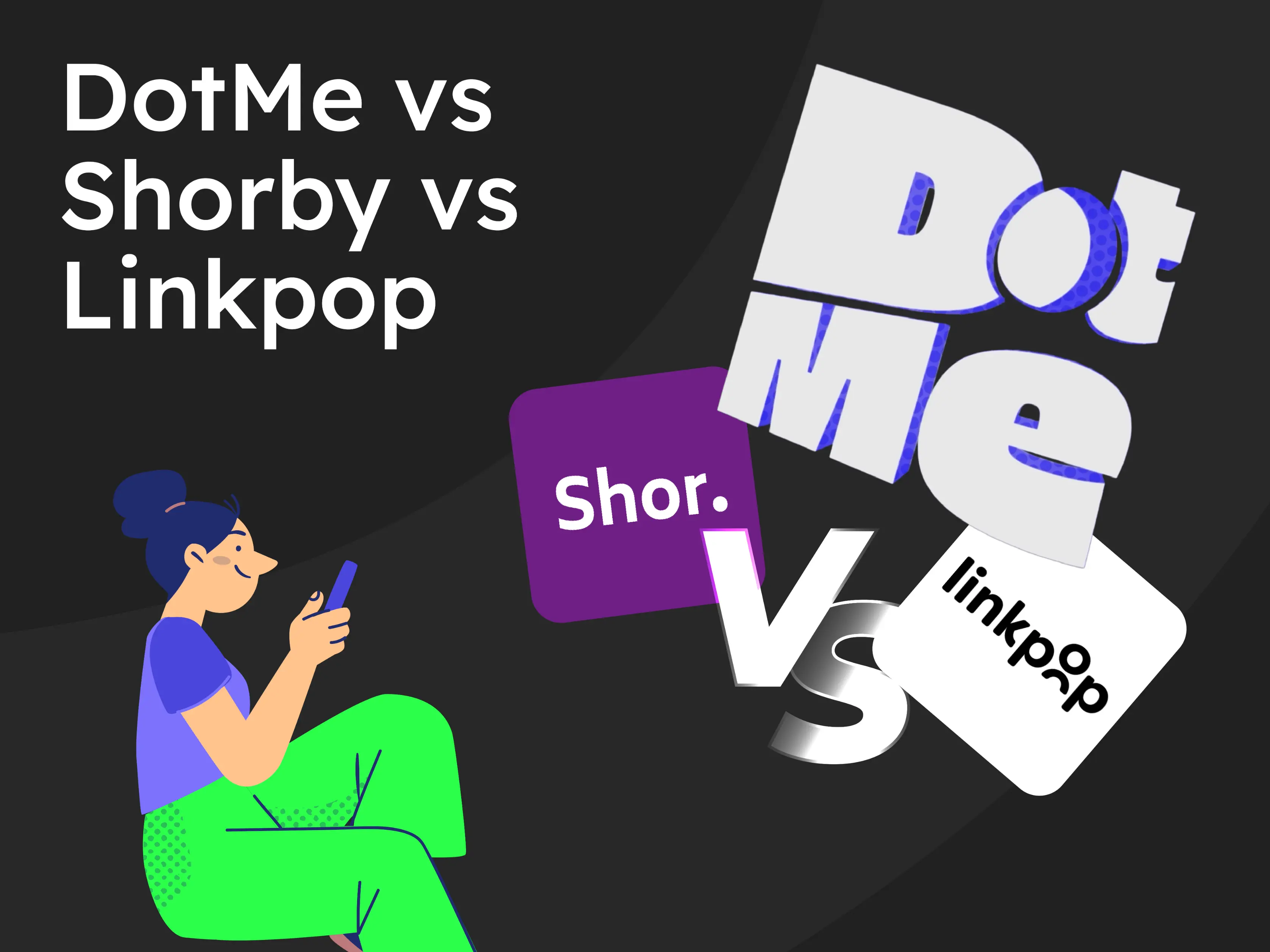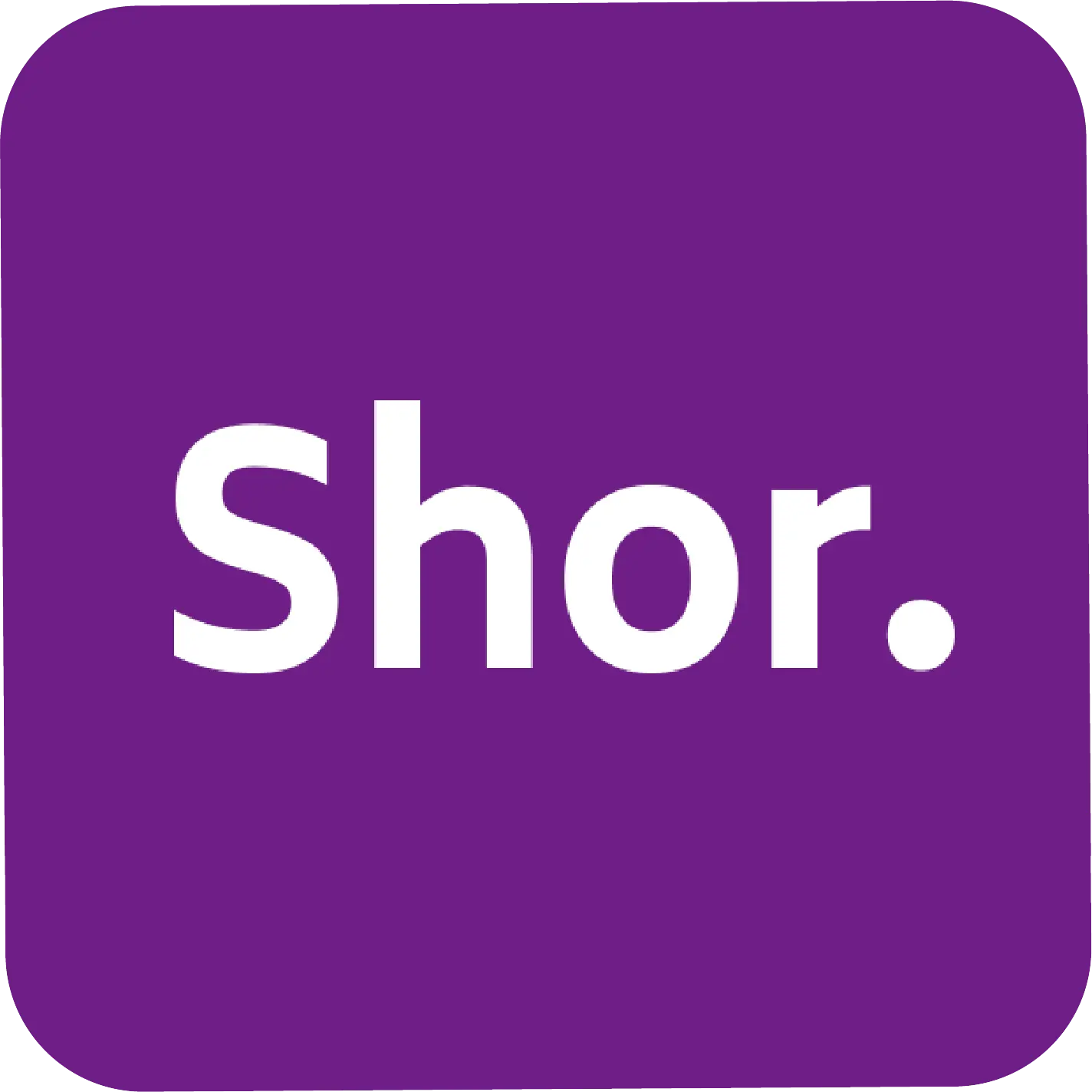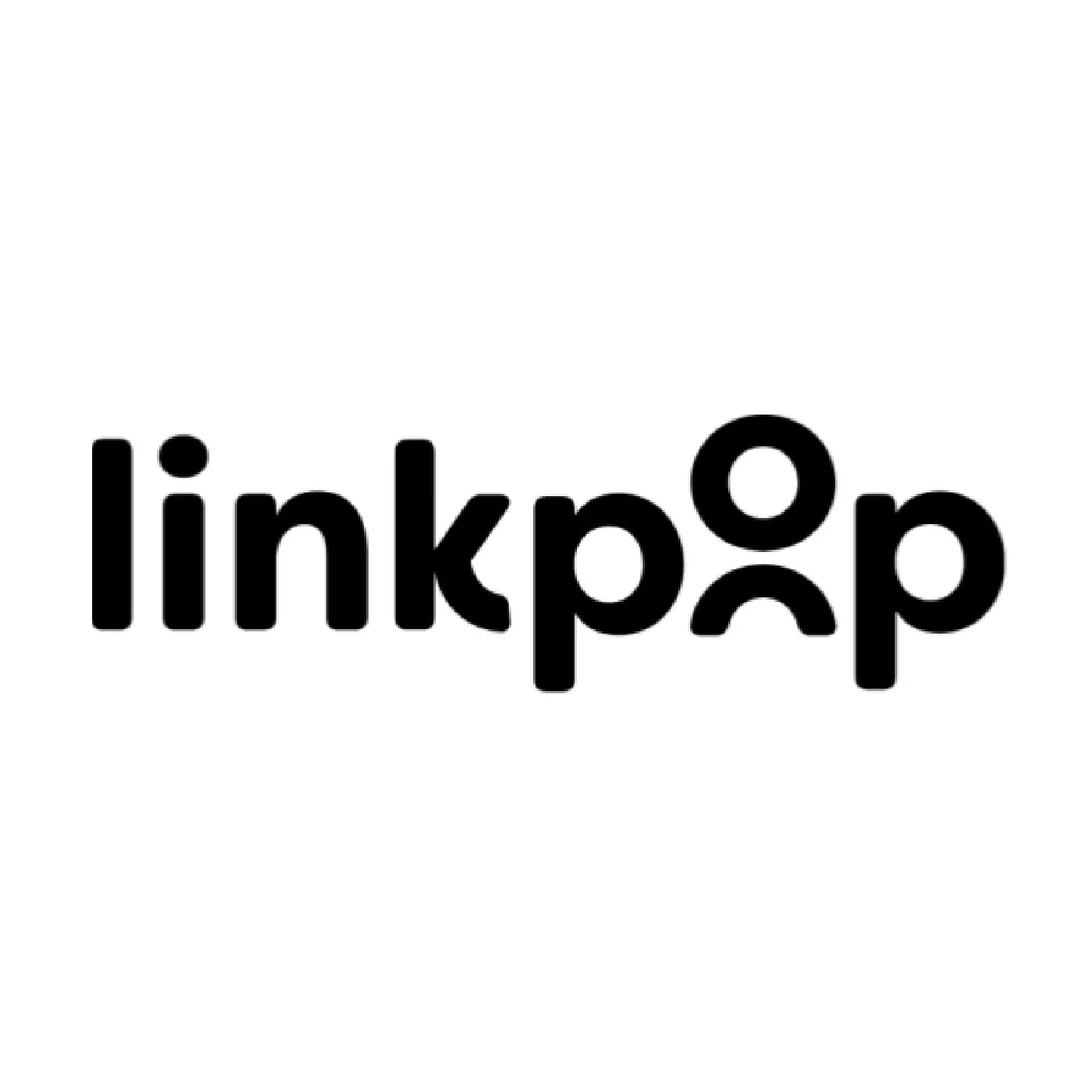
DotMe vs Shorby vs Linkpop: Which Link-in-Bio Platform Is Right for You in 2026?
In 2025, your link-in-bio isn’t just a convenience it’s a strategic asset. Whether you’re a creator, brand, or entrepreneur, that one link is now your homepage, sales page and engagement hub rolled into one. With mobile usage accounting for over 60% of all internet traffic, the quality of your bio link can make or break user engagement.
Today’s link-in-bio platforms have evolved into sophisticated tools, offering design customization, e-commerce integration, analytics, and conversion-driven features. In this space, DotMe, Shorby and Linkpop have emerged as competitive players - each serving different needs and offering unique strengths.
In this guide, we’ll explore how DotMe, Shorby, and Linkpop compare in terms of customization, monetization, analytics, performance, pricing and user experience to help you choose the right tool for your digital growth in 2025.
DotMe: A Scalable and Customizable Creator Hub

DotMe is a platform built with growth-minded creators in mind. It transforms a basic link into a full-featured, branded microsite where users can showcase content, sell products, embed media, and engage audiences - all from one place.
DotMe’s standout feature is its full drag-and-drop editor, giving users the power to design flexible layouts without any code. Whether you’re a podcaster embedding Spotify playlists, a coach selling downloads, or a brand collecting emails, DotMe allows you to customize your page with widgets and integrations tailored to your goals.
It’s also ideal for scaling over time. Whether you’re starting with a basic free page or moving into premium tools like embedded checkouts and SEO controls, DotMe evolves with your business. And with real-time analytics and zero transaction fees on select plans, you’re not just building a link page you’re building a sustainable brand hub.
Shorby: Fast Setup with Messaging Focus

Shorby is known for its speed and simplicity. It was originally developed to solve a specific problem: helping Instagram users connect audiences with messaging apps like WhatsApp, Messenger, and Telegram. Over time, it grew into a lightweight link-in-bio tool focused on making quick connections.
The platform excels at creating compact mobile landing pages that direct traffic to external links and chat apps. Users can display call buttons, social icons, time-sensitive messages, and brief descriptions to drive quick action. However, Shorby falls short in areas like design customization, monetization, and long-term scalability.
It’s a good fit for service-based professionals or brick-and-mortar businesses who want fast customer interaction, but for creators or digital brands aiming for monetization or content presentation, Shorby is likely too limited.
Linkpop: E-Commerce Native, Content Light

Linkpop, developed by Shopify, was built with one audience in mind: e-commerce sellers. Unlike other platforms that evolved from content-first tools, Linkpop was designed from the start to turn social traffic into conversions, especially on Instagram and TikTok.
The tool integrates directly with Shopify stores, allowing sellers to create a shoppable feed with clickable product links that lead to in-platform purchases. It’s sleek, simple and mobile-optimized, making it highly effective for sellers looking to drive impulse buys from their followers.
However, its tight focus on commerce is also its limitation. Linkpop offers minimal content features, little room for storytelling and no customization beyond basic color choices. For creators, coaches or educators who rely on brand storytelling or media content, Linkpop may feel too transactional.
Feature Comparison
Each of these platforms brings its own strengths to the table, but a detailed side-by-side comparison across key feature sets reveals which tool supports long-term creator growth best. From design options to selling capabilities, this is where real differences start to show.
Customization and Branding
DotMe offers unmatched customization via a true drag-and-drop builder. You can create a tailored experience with widgets like banners, video embeds, social carousels and download buttons. It’s ideal for building a unique brand identity that feels more like a personal website.
Shorby provides basic customization - button colors, profile picture and a few layout presets. It’s functional but lacks design freedom, making most pages look similar.
Linkpop limits users to a fixed layout. You can change your background color and link styles, but there’s no real design flexibility. It focuses more on function than form.
Ease of Use and Setup
DotMe is beginner-friendly but powerful. Its setup takes minutes, but advanced users can go deep with layout control and integrations. It balances usability and depth better than most.
Shorby excels in speed. You can launch a page in under 5 minutes. Its setup is intuitive, especially for users who want to link messaging apps or schedule updates.
Linkpop is simple to launch, especially for Shopify users. However, it requires a Shopify account to unlock core features, which adds a layer of complexity for non-merchants.
E-Commerce and Monetization
DotMe allows creators to sell digital products, accept tips, and schedule appointments - all with zero platform fees on select plans. Stripe and PayPal integrations make monetization seamless.
Shorby doesn’t offer built-in payment tools. Users can add external links to platforms like PayPal or booking sites, but there’s no native monetization layer.
Linkpop supports full product integration and checkout via Shopify, making it a strong choice for sellers. However, non-Shopify users are excluded from its monetization features.
Analytics and Insights
DotMe provides real-time analytics with data on clicks, traffic sources, top-performing content and device types. You can optimize performance using built-in insights.
Shorby includes basic analytics - page visits, link clicks and referral sources. It’s good for high-level tracking but lacks detailed segmentation.
Linkpop offers e-commerce analytics for Shopify users. You can view conversion rates, product views and revenue - but content-based performance metrics are minimal.
Pricing Comparison
Budget is always a factor, especially for creators and small businesses testing the waters. It’s not just about cost - it’s about value. Here’s how each platform approaches pricing and what you actually get at each level, from free plans to premium subscriptions.
DotMe Pricing
DotMe offers a generous free plan with unlimited links, media embeds, core analytics and a drag-and-drop builder. Paid tiers unlock advanced features like payment processing, premium integrations and zero transaction fees. The pricing is transparent and scales with you as your brand or business grows.
Shorby Pricing
Shorby does not offer a free plan. It operates entirely on a subscription model, with pricing starting at a moderate monthly rate. This includes basic features, but full analytics, retargeting tools and branded URLs require a higher tier.
Linkpop Pricing
Linkpop is free - but only if you already pay for Shopify. Its value lies in its integration with the Shopify ecosystem. For users not already on Shopify, Linkpop’s functionality is minimal and doesn’t offer a reason to switch.
Other Considerations: Performance, SEO, and Support
Beyond flashy features and pricing tiers, long-term usability matters. Performance speed, search visibility and the quality of customer support are critical for scaling a personal brand or online business. This section breaks down how DotMe, Shorby and Linkpop handle the essentials behind the scenes.
User Experience and Interface
DotMe delivers a professional, modern interface both on the backend and frontend. Your page looks sleek across all devices and editing is frictionless.
Shorby is designed for speed and clarity. It’s easy to use but feels less polished in terms of visual design.
Linkpop offers a clean mobile view that’s ideal for quick shopping - but lacks flair or engagement outside the commerce flow.
Performance and SEO Optimization
DotMe pages load quickly and include tools for SEO, such as alt text, custom meta descriptions and link previews. This helps creators grow visibility organically.
Shorby loads fast and is mobile-friendly, but it doesn’t support custom SEO metadata or indexing control.
Linkpop performs well for mobile commerce but lacks robust SEO features beyond Shopify’s default options.
Integrations and Ecosystem
DotMe integrates with tools like Calendly, Substack, Mailchimp, Shopify and Stripe. It supports multiple workflows - from email capture to e-commerce.
Shorby focuses on messaging integrations and social links. Its ecosystem is built for quick connections rather than full digital campaigns.
Linkpop is tightly integrated with Shopify and excels within that universe. Outside Shopify, its extensibility is very limited.
Customer Support and Resources
DotMe offers live chat, onboarding tutorials, help center articles and responsive email support. It also features an engaged creator community.
Shorby offers email-based support and a basic knowledge base. It’s functional, but not expansive.
Linkpop relies on Shopify’s support ecosystem, which is excellent - but not specific to link-in-bio users.
Final Verdict: DotMe Leads for Flexibility and Growth
When it comes to choosing the best link-in-bio platform in 2025, DotMe, Shorby and Linkpop each serve a clear purpose. Shorby offers speed and simplicity for messaging-focused businesses. Linkpop supports seamless shopping for merchants deep in the Shopify ecosystem. But DotMe delivers a powerful all-in-one solution for creators and brands.
Its unmatched combination of visual customization, real-time analytics, e-commerce tools, and SEO features makes DotMe the go-to for anyone serious about building a long-term digital brand. With zero platform fees on select plans and deep integration support, it’s not just a better link - it’s a better business decision.
FAQs
Is DotMe better than Shorby for creators?
Yes. DotMe offers better branding, analytics, monetization tools, and design flexibility.
Can I use Linkpop without Shopify?
You can, but functionality is extremely limited without a Shopify store. It’s designed for merchants first.
Which platform has better customization options?
DotMe offers true layout freedom with drag-and-drop tools and widgets, unlike the fixed designs on Shorby and Linkpop.
Is DotMe good for digital product sales?
Absolutely. You can sell downloads, accept tips, or take bookings directly through your DotMe page.
What makes DotMe stand out in 2026?
DotMe brings together customization, monetization, SEO, real-time analytics, and integrations — all in one platform with zero platform fees on select plans.

